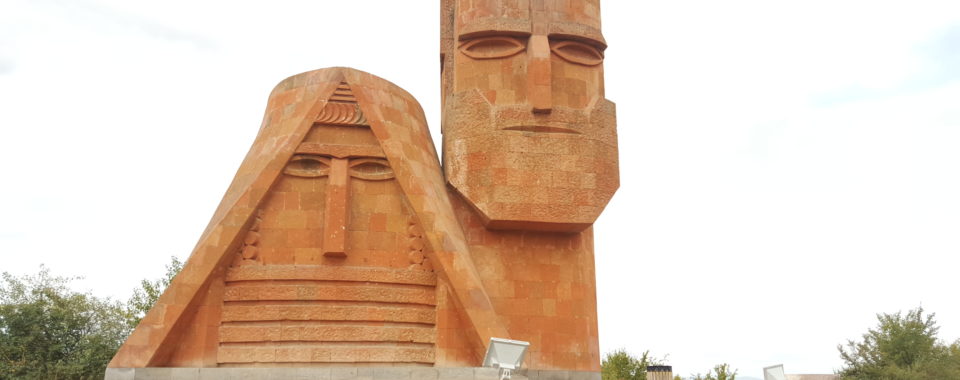BY PATRICIA TAFT NASRI In the 2021 Fragile States Index, among the countries that experienced the greatest increases in fragility, issues of group-based identity and historical grievances combined to give rise to instability. This was certainly true in the United States, where years of partisan politics have turned former political adversaries into political enemies, and […]
Category Archives: Patricia Taft
Fragile States Index 2021 – Annual Report
- Thursday, 20 May 2021 00:01
BY NATALIE FIERTZ, NATE HAKEN, PATRICIA TAFT, EMILY SAMPLE, WENDY WILSON, SARAH COCKEY, DANIEL WOODBURN, ANNE-ELÉONORE DELEERSYNDER, ADÈLE DIOP, DANIELLE BATTERMAN, KATELIN REGER, KATHLEEN SMITH, NATOSHA HODUSKI, OLIVIA KRAMER The Fragile States Index, produced by The Fund for Peace, is a critical tool in highlighting not only the normal pressures that all states experience, but […]
Libya Continues Path as the Decade’s Most Worsened Country
- Sunday, 10 May 2020 17:27
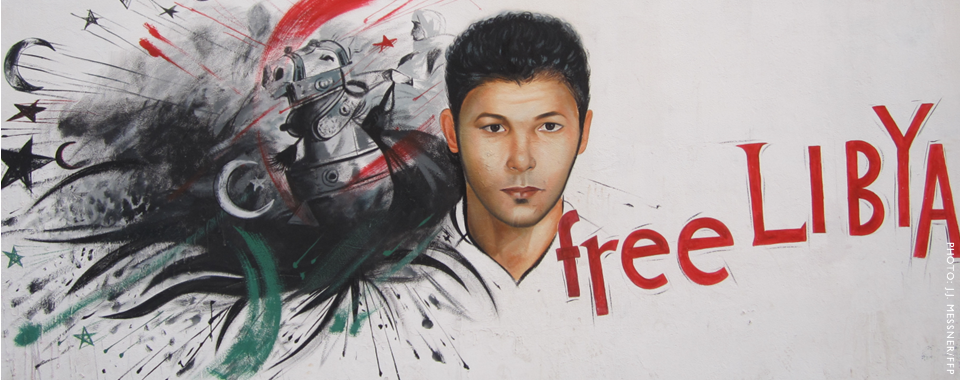
BY PATRICIA TAFT Libya’s long-running conflict and instability has been well documented by the Fragile States Index (FSI), wherein it rates as the most-worsened country in the world for the past decade, and also holds the record for the greatest year-on-year worsening, when it worsened by 25.8 points in the 2012 FSI. In the 2020 […]
In the Wake of Al-Bashir, Women of Sudan Bring a Glimmer of Hope
- Sunday, 10 May 2020 14:51
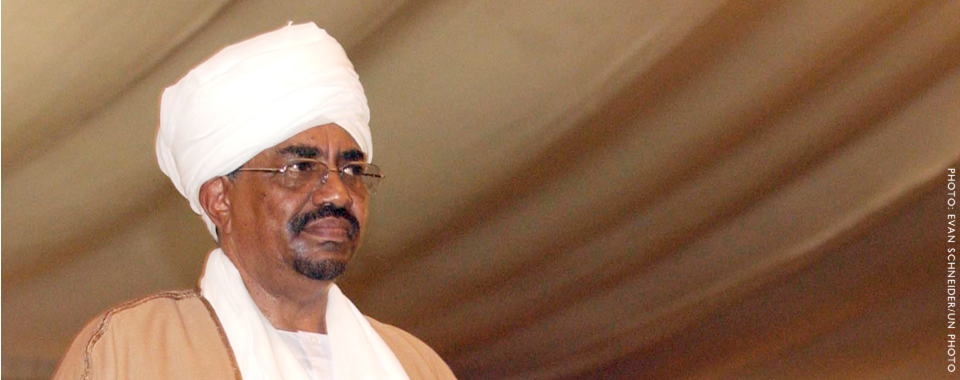
BY PATRICIA TAFT AND WENDY WILSON In April 2019, a photograph of a woman dressed in white, standing atop a car and rallying a large group of protestors went viral. The woman, a student named Alaa Salah, had had enough. And by the size and passion of those chanting with her, so had many others. […]
Fragile States Index 2020 – Annual Report
- Friday, 08 May 2020 21:19
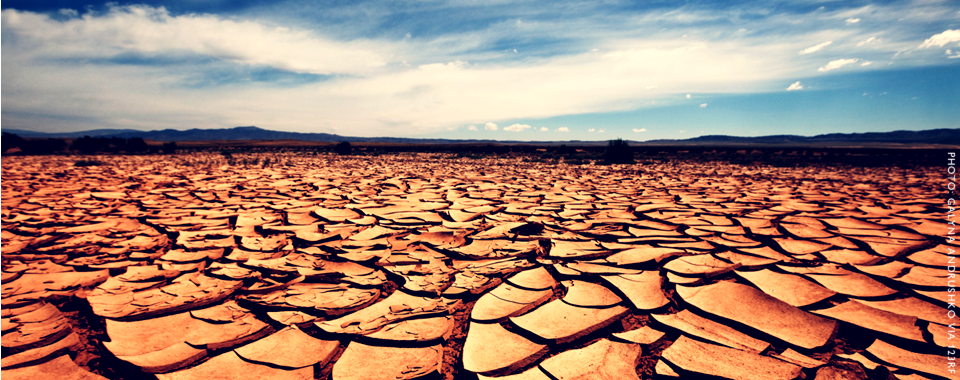
BY J.J. MESSNER DE LATOUR, NATE HAKEN, PATRICIA TAFT, MARCEL MAGLO, NATALIE FIERTZ, WENDY WILSON, SARAH COCKEY, FIONA GRATHWOHL, KEENAN IULIANO The Fragile States Index, produced by The Fund for Peace, is a critical tool in highlighting not only the normal pressures that all states experience, but also in identifying when those pressures are pushing […]
Fragile States Index 2019 – Annual Report
- Sunday, 07 April 2019 19:27
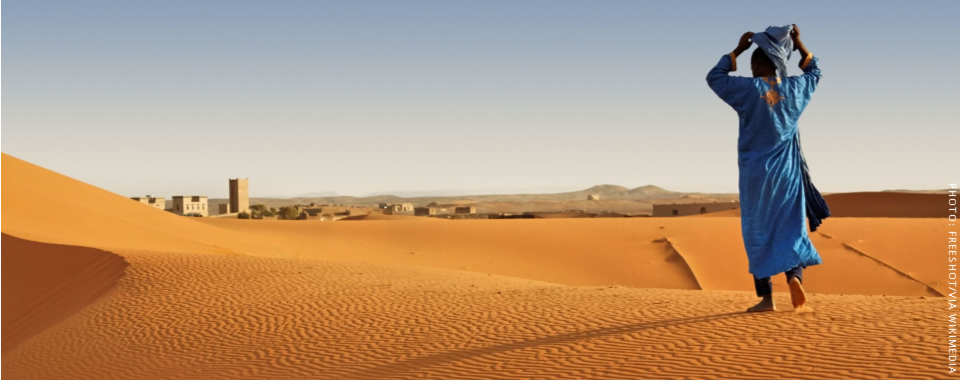
BY J.J. MESSNER, NATE HAKEN, PATRICIA TAFT, IGNATIUS ONYEKWERE, HANNAH BLYTH, MARCEL MAGLO, DANIET MOGES, NATALIE FIERTZ, CHRISTINA MURPHY, WENDY WILSON, KEVIN OBIKE The Fragile States Index, produced by The Fund for Peace, is a critical tool in highlighting not only the normal pressures that all states experience, but also in identifying when those pressures […]
Rumblings of Arab Spring 2.0
- Saturday, 06 April 2019 14:17
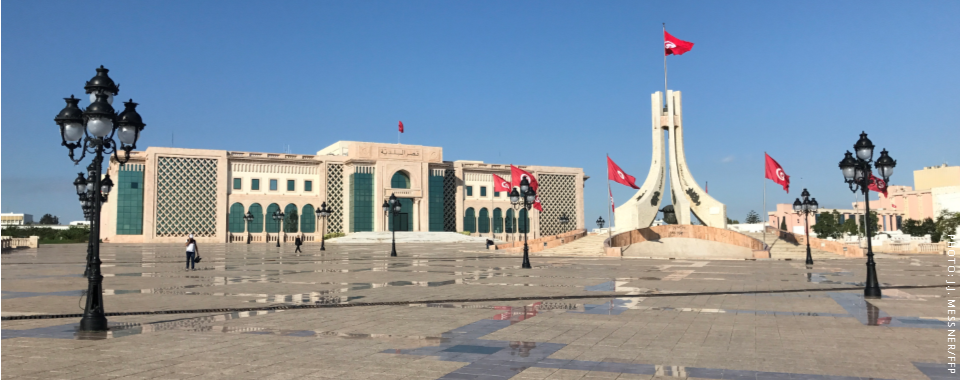
BY PATRICIA TAFT In late 2010, in a city in central Tunisia, a young street vendor named Mohamed Bouazizi set himself ablaze in a final act of defiance and frustration after police confiscated his wares on the street. While his protest may have been localized, the sentiment was not. After nearly three decades of falling […]
The Caucasus Give Cause for Cautious Optimism
- Saturday, 06 April 2019 04:12
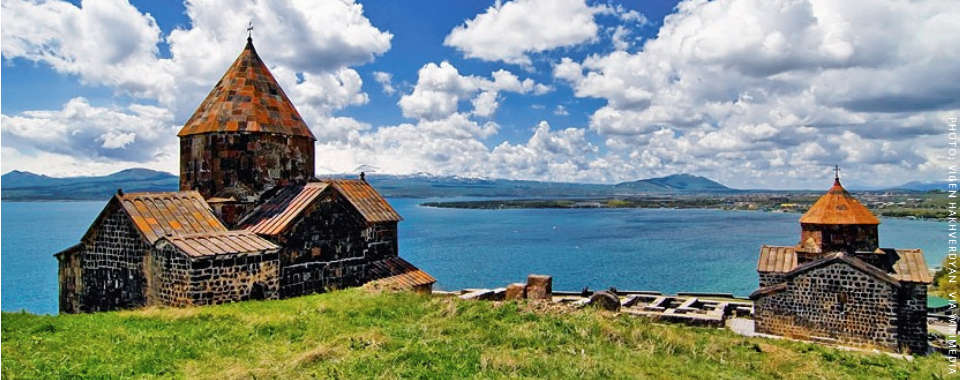
BY PATRICIA TAFT Straddling Europe and Asia, the South Caucasus has long been considered a region of strategic importance for past empires and modern-day superpowers. It is also a land where the echoes of the Cold War continue to play out decades after the collapse of the Former Soviet Union and the realignment of the […]
Fragile States Index 2018 – Annual Report
- Tuesday, 24 April 2018 02:34
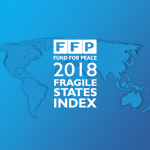
The Fragile States Index, produced by The Fund for Peace, is a critical tool in highlighting not only the normal pressures that all states experience, but also in identifying when those pressures are pushing a state towards the brink of failure. By highlighting pertinent issues in weak and failing states, The Fragile States Index—and the social science framework and software application upon which it is built—makes political risk assessment and early warning of conflict accessible to policy-makers and the public at large.
The Gambia Demonstrates the Potential of Regional Action
- Monday, 23 April 2018 20:20
The tiny West African nation of The Gambia, a tropical country famed for its beautiful beaches, stunning vistas, and warm hospitality, has had a turbulent few years. Ruled for over two decades by President Yahya Jammeh, The Gambia experienced a progressive slide into authoritarianism from 1994 until late 2016, when a political and military intervention spearheaded by the Economic Community of West African States (ECOWAS) succeeded in forcing Jammeh’s resignation.
During Jammeh’s 22 years in power, The Gambia experienced a sharp curtailing of basic human rights and freedoms, as well as a crackdown on independent journalism. Under Jammeh’s regime, human rights activists in the country were considered as “saboteurs,” and their offenses were punishable by death. In addition, its strategic coastal location, weak judicial system, and endemic corruption continued to make The Gambia a desirable transit point for drug traffickers operating networks between Latin America and Europe. In mid-2010, The Gambia gained notoriety not only for its authoritarian leader and draconian laws, but also as being the locale of the largest drug bust in the history of West Africa, with an estimated US$1 billion in cocaine seized from a warehouse in the northwest of the country.
